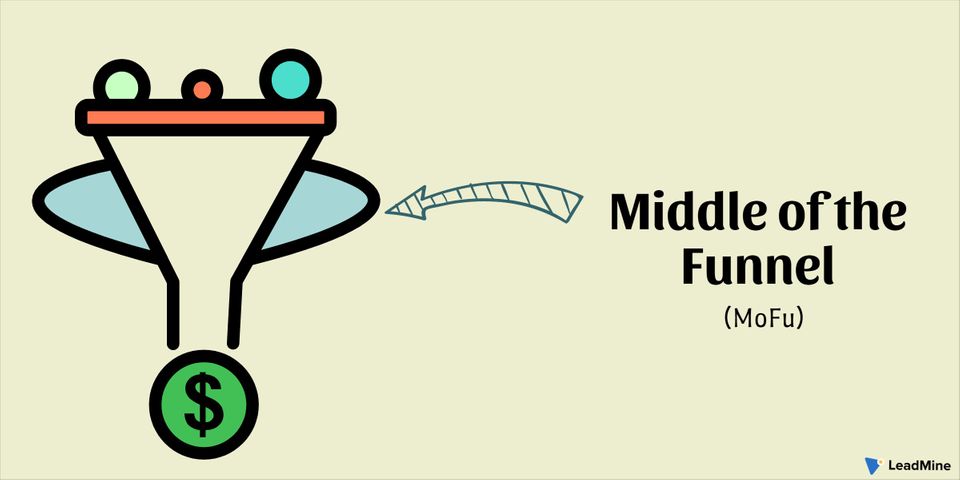Every customer is important. However, if you run a company, you can not have the time to build a one-time advertisement every time you need to communicate with them. Marketing automation allows you to keep the conversation going so that your customer relationships and your business can expand.
We will go over the following:
- What is Marketing Automation?
- Why Marketing Automation is Important?
- Features of Marketing Automation
- Benefits of Marketing Automation
- B2B Marketing Automation
- Conclusion
What is Marketing Automation? 😥
The method of using software to automate repetitive marketing activities is known as marketing automation. Marketers use this software to nurture leads, with integrations to customer relationship management (CRM) and customer data platform (CDP) software being popular. They can also automate and personalize marketing communications and content using these channels.
Marketing automation refers to a wide range of automation and analytic tools for marketing, especially inbound marketing, and was originally based on email marketing automation. Customers do not need to install any software because Marketing Automation systems are hosted or web-based solutions. Specifying expectations and results for activities and procedures benefit marketing departments, contractors, and part-time marketing workers, which are then interpreted, processed, and performed by software, which increases performance and decreases human error.
The aim of a marketing automation platform is to automate high-touch, repetitive manual processes in order to streamline sales and marketing organizations. Marketers use a marketing automation tool to schedule, organize, monitor, and evaluate all of their online and offline marketing campaigns. It's often used in conjunction with a lifecycle marketing strategy to handle and cultivate created leads with the goal of converting them into customers.
Why Marketing Automation is Important? 🤔
Marketing automation simplifies the sales funnel, making it easier for sales and marketing teams to produce leads and convert them into paying customers. It will help business development and sales professionals who want to have positive, productive interactions with prospects fill sales funnels and have better experiences.
Lead generation is a crucial phase in any company's growth. Your team will have more time to concentrate on overall strategy and cultivating the leads that show real potential by automating several steps in the process from marketing to sales. This translates to more leads and customers.
Marketing automation can also provide you with a richer, more accurate image of potential customers' behaviour. Leads can be automatically scored, qualified, and prioritized by combining data from various touchpoints such as website visits and downloads, social media activity, and direct marketing. This can then be used to fuel broader marketing campaigns, such as marketing notifications based on the trigger to retain interest, send out infrequent “drip-feed” emails personalized emails, and messages on Facebook or Twitter.
Features of Marketing Automation 😎
Marketing automation has a lot of benefits. Some main features of marketing automation systems, according to Aventaggiato, include:
- Lead Nurturing: The method of sending a series of automated emails to prospects in order to engage them by providing useful information.
- Personalized Email Marketing: Email personalization aids companies in building stronger consumer relationships.
- Campaign Management: Email campaigns may be used to nurture leads as they progress through the sales cycle. It allows teams to send customized and direct emails to large groups of people.
- CRM Integration: This enables companies to share lead information between marketing and sales departments.
- Forms and Landing Pages: According to Yield, forms and landing pages are a method that allows you to collect information from prospects and then route it to different systems for storage and/or intervention.
- Lead Scoring: It is a crucial component of any marketing automation or email platform.
- Lead Management: According to Yield, certain marketing automation systems act as a landing spot for leads with insufficient knowledge to move on to sales.
- Social Media Management: Content delivery through most major social networks can be done in one location.
Benefits of Marketing Automation 🤩
This technology will help both business-to-business (B2B) and business-to-consumer (B2C) businesses. Both can use marketing automation tools to keep their marketing materials up to date and distribute them to the consumers who are most likely to act on them, without over-communicating with others who are less likely to act.
B2C businesses, on the other hand, are likely to benefit the most from marketing automation technology, since they can hit a greater portion of their customers with customized communications than they might otherwise. B2C brands could have sent the same email to all of their customers at regular intervals in the past, which yielded a modest return at best and at worst, off-topic messages turned off otherwise loyal clients.
Companies may use marketing automation tools to send promotions to small parts of their consumer base, such as flash sales, based on tailored promotional targets or revenue goals for a specific region or population.
B2B Marketing Automation 🤑
Marketing automation has traditionally been seen in the business-to-business sector. This is because B2B prospects and clients make up a limited, concentrated target group that is normally involved in a multi-stage procurement process and is part of a long-term business partnership.
B2B is a relationship-based industry where product education and awareness are critical. It's also a place where people don't buy things on the spur of the moment; instead, they think things through and make sound decisions, which typically include more than one person.
In such cases, making a purchasing decision can take time, with weeks, months, or even longer elapsing between the start of the process and its completion. This means that, in general, B2B procurement requires a longer lead nurturing process than B2C marketing, and that the prospect would have done a lot of research until they are able to talk with a salesperson, let alone ready to purchase.
These characteristics – along with marketing-to-sales evolution coupled with consumer research that generates many data points that can be analysed – make marketing automation software ideal for the B2B industry.
Conclusion
With workflow automation, you can save time, boost interaction, maximize your marketing, and improve your bottom line with marketing automation. If you have a hundred of millions of fans, it gives them personalized attention with caring, sincere messages that sound like you're writing to a friend. To boost customer experience management, you can time those personalized messages based on the customer's behaviour.
Do share your thoughts about marketing automation with us at LeadMine.





